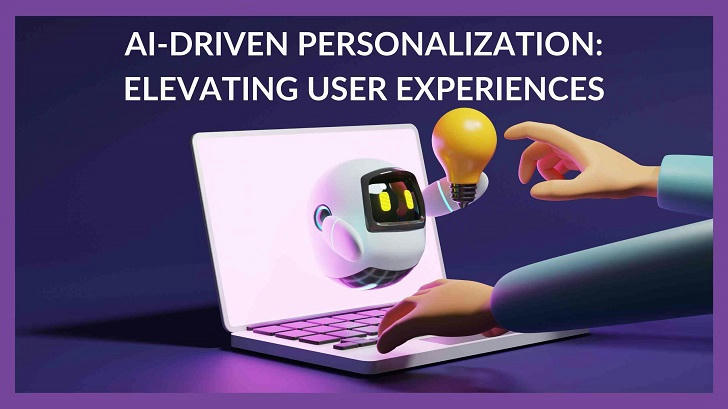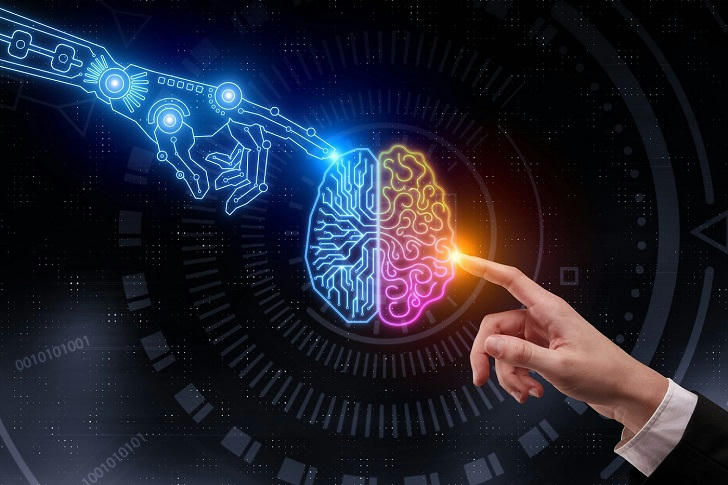AI Integration Reshapes Online Learning in America

Over the past few years, artificial intelligence (AI) has rapidly evolved from a niche field into a mainstream force influencing nearly every aspect of modern life. In the realm of education, especially online learning, AI is no longer just a futuristic concept—it is a present-day catalyst reshaping how Americans access, experience, and benefit from education.
The Rise of AI in American Education
AI technologies such as machine learning, natural language processing, and computer vision are now embedded in many online learning platforms. In the United States, major educational technology companies like Coursera, Khan Academy, edX, and Udacity have all embraced AI tools to enhance the learning experience.
Whether it's personalized course recommendations, real-time feedback, or automated grading systems, AI has introduced both efficiency and scalability to online education.
A 2024 report by EDUCAUSE indicated that over 60% of U.S. colleges and universities are currently investing in AI tools to support remote learning. These institutions are seeking not only to improve student outcomes but also to make learning more flexible, inclusive, and accessible.
Personalization Through AI
One of the most significant benefits AI brings to online learning is personalization. AI algorithms can analyze a student’s performance in real-time and adjust course content based on their strengths and weaknesses. For instance, if a learner is struggling with calculus concepts, the system might automatically provide extra resources or shift the pace of the course.

This level of customization was previously only available through one-on-one tutoring. Now, thanks to AI, it’s accessible to anyone with an internet connection. This is especially valuable for adult learners, working professionals, and those returning to education after years away.
Virtual Tutors and Chatbots
AI-powered virtual assistants are also becoming essential tools in American online classrooms. These chatbots can answer common questions, offer technical support, and even explain complex topics in simple terms. Platforms like Duolingo and Quizlet have successfully integrated AI-driven tutoring systems that help learners stay on track without requiring human intervention 24/7.
This technology is also proving valuable for English Language Learners (ELLs), a growing demographic in the U.S. AI tutors can provide personalized language practice, feedback, and encouragement in a safe and judgment-free environment.
AI and Accessibility
AI plays a key role in improving accessibility for students with disabilities. Speech recognition software can help students with mobility challenges write essays or navigate digital platforms.
Meanwhile, AI-based transcription tools are increasingly accurate, allowing deaf or hard-of-hearing students to follow video lectures in real-time.

In 2023, several U.S. universities piloted AI-driven software that translates video content into American Sign Language (ASL), opening up entirely new possibilities for inclusive online education.
Challenges and Ethical Considerations
Despite its many benefits, AI integration in online education also raises concerns. Issues like data privacy, algorithmic bias, and over-reliance on automation are hot topics among educators and policymakers.
Critics argue that if left unchecked, AI could reinforce existing educational inequalities—especially if underserved communities lack access to quality technology or broadband internet.
Moreover, AI systems must be transparent in how they assess student performance to ensure fairness. The Biden Administration has supported initiatives promoting "ethical AI," particularly in public education settings, but enforcement and standards still vary across states and institutions.
AI in Workforce-Aligned Online Courses
As the U.S. job market continues to evolve—especially in response to automation and the tech boom—AI is helping align online education with workforce demands.
Online platforms now offer tailored programs in data science, cloud computing, cybersecurity, and AI itself, many of which were developed in collaboration with major employers like Google, Microsoft, and Amazon.
These AI-powered learning tracks analyze industry trends and employment data to keep curriculum relevant. As a result, American students can build job-ready skills faster and more efficiently than ever before.
The Democratization of Elite Education
AI is also enabling broader access to high-quality instruction. For example, some Ivy League universities now offer AI-supported online courses through platforms like edX and FutureLearn, making elite education more accessible to middle- and lower-income learners.
This shift is particularly meaningful in rural and underserved communities, where traditional colleges may be out of reach. With AI optimizing learning paths and providing robust support, more Americans are gaining access to academic opportunities once limited to a privileged few.
The Road Ahead
Looking forward, AI will continue to be a driving force in American online education. As the technology matures, we can expect even more immersive and personalized learning environments, potentially powered by generative AI like ChatGPT and image-based learning engines.
To fully harness these benefits, educators, institutions, and tech companies must work together to ensure ethical implementation, universal access, and ongoing innovation.
Final Thoughts
AI is not just a trend—it’s a transformation. In the United States, it is fundamentally changing how people learn, who can learn, and what learning looks like. While challenges remain, the future of online education is undeniably intelligent, adaptive, and accessible—thanks to the growing influence of artificial intelligence.
